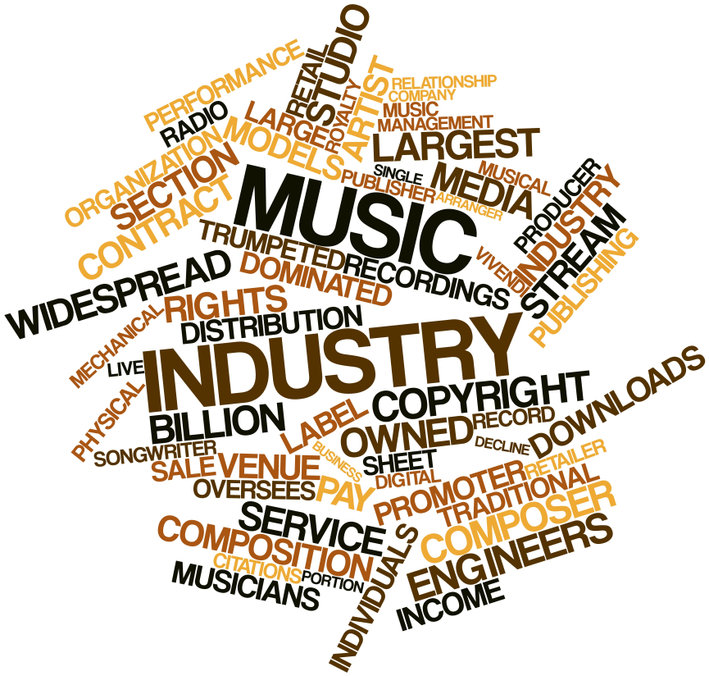Behind every song is two sets of copyright: the musical composition and the master recording. Our focus today is on the musical composition. Public performance royalties are generated each time a musical composition is “performed.” Mechanical royalties are generated each time a musical composition is reproduced. They can be generated physically (from tangible products such as CDs and vinyls) or digitally (via on-demand streaming or download-to-own services, known as digital service providers or DSPs).
What Is the Mechanical Licensing Collective (MLC)?
The Mechanical Licensing Collective (MLC) came out of the Music Modernization Act (MMA) of 2018. The MLC offers blanket digital mechanical licenses to eligible DSPs in the United States. The MLC collects the digital audio mechanical royalties due under the licenses from the DSPs. Then, it distributes the royalties to songwriters, composers, publishers, and other rights-holders monthly.
The MLC is the only organization in the United States authorized to administer the blanket compulsory digital audio mechanical license and related royalties. Rights-owners based outside of the United States may join The MLC or have a Mechanical Rights Organization (MRO) based in their home country collect their royalties from The MLC. Becoming an MLC member is free and The MLC offers various educational webinars for self-administered songwriters, publishers, administrators, PROs, and others.
How Does the Mechanical Licensing Collective (MLC) Work?
Creators and publisher can submit and maintain their musical works data to The MLC Portal. The general public can view these works by using The MLC’s Public Works Search. DSPs send sound recording usage data and accompanying mechanical royalties to The MLC once a month. The MLC matches the usage data to the musical works data in The MLC database. Once the data is matched, The MLC pays out the mechanical royalties. The MLC distributes 100% of the mechanical royalties it collects. Its operating costs are paid for by DSPs through an administrative assessment set by the United States Copyright Royalty Board. The Board also determines the royalty rates for the blanket digital audio mechanical licenses issued by The MLC to the DSPs.
The MLC does not replace the role of the various performing rights organizations (PROs) in the United States. Nor is The MLC involved in any other types of license or royalties aside from digital audio mechanical royalties. Record companies must separately secure mechanical licenses or pay mechanical royalties for mechanical uses of musical works in physical products, such as CDs.
What About Harry Fox Agency (HFA)?
Harry Fox Agency (HFA) and Music Reports Inc (MRI) used to administer and handle mechanical rights in the United States. However, pursuant to the MMA, The MLC is now the only organization designated to collect and distribute mechanical royalties. Both the HFA and MRI still exist, but they no longer directly handle mechanical royalties for DSPs. After extensive research and input from major DSPs such as Spotify, Pandora, Apple, Google, and Amazon, The MLC Board selected HFA and ConsenSys to help build The MLC Portal. HFA assists The MLC in maintaining The MLC Portal and helps rights-holders claim mechanical royalties.








